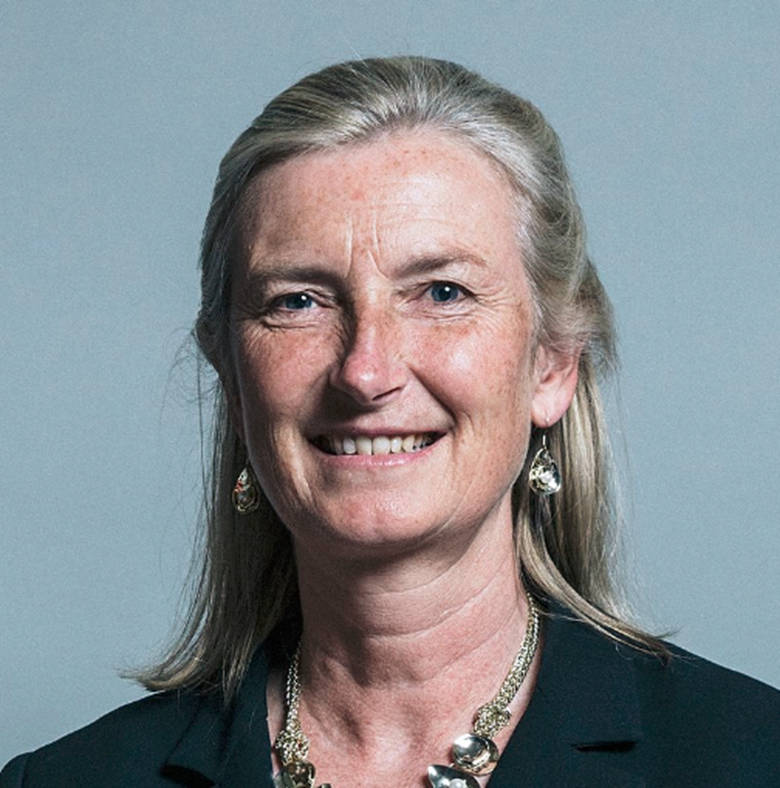MPs demand tougher government action on child obesity
Nina Jacobs
Wednesday, May 30, 2018
The government must do more to tackle childhood obesity by adopting a joined-up 'whole systems' approach, an influential group of MPs has said.

A health and social care select committee report on childhood obesity calls for urgent action to be taken including the introduction of a 9pm watershed for "junk food" advertising and tighter regulations on food discounts and promotions.
The committee said it had identified key areas - including health inequality due to childhood obesity between the richest and poorest areas - which the government needed to address before it published its revised childhood obesity plan later this year.
The report recommends a ban on brand-generated characters or licensed television and film characters from being used to promote high fat, sugar and salt (HFSS) products on broadcast and non-broadcast media and for regulations across both mediums to be aligned.
The government should also regulate to restrict the discounting and price promotions that drive higher volumes of consumption of unhealthy food and drink, the report said.
"This does not need to make food more expensive as retailers could change their offers to healthier products", it added.
The committee is urging the government to pressurise retailers to remove confectionery and other unhealthy foods from checkouts and the ends of aisles and to comply with responsible retailers' requests that it is enforced by statutory measures.
The report highlights that current progress on labelling in the UK is reliant on voluntary commitments and is not universally applied.
"Calorie labelling at point of food choice for the out-of-home food sector would provide basic information to enable healthier choices," it says.
The committee's joined-up approach extends recommendations to the early years sector as well as in educational settings.
It suggests targets to improve rates of breastfeeding to combat childhood obesity and urges a "full and timely" implementation of all of the school-centred measures contained in the government's obesity plan published in 2016.
Local authorities should be allowed to limit the proliferation of unhealthy good outlets in their areas and the prevalence of HFSS food and drink billboard advertising near schools, it says.
Dr Sarah Wollaston, chair of the committee, said children are becoming obese at an earlier age and staying obese for longer.
She said the government should ensure robust systems are in place to not only identify overweight or obese children but to ensure they are offered effective help in a multidisciplinary approach.
"We want to see a whole-systems approach and for local authorities to be given the powers they need to reduce childhood obesity in their communities. Health needs to be made an objective within the planning and licensing system."
Dr Max Davie, officer for health promotion for the Royal College of Paediatrics and Child Health, said the report was timely given latest figures that showed more than 22,500 10- and 11-year-olds are classed as being severely obese.
"Marketing is a significant driver of obesity and we know that it influences what children consume so we strongly support the committee's calls for a ban on advertising of junk food before 9pm and a ban on brand-generated characters or licensed TV and film characters from being used to promote foods high in fat, sugar and salt.
"However, we know that prevention will not support those children already overweight or obese so it is therefore essential support services are available for these children to be referred to."
A spokesperson for the Department of Health said: "Childhood obesity is a complex problem, decades in the making. That's why we have the most ambitious plan in the world to tackle it - our sugar tax is funding school sports programmes and nutritious breakfasts for the poorest children, and we're investing in further research into the links between obesity and inequality.
"We've always said that our 2016 plan was the start of the conversation, not the final word on obesity. We are in the process of working up an updated plan, and will be in a position to say more shortly."




